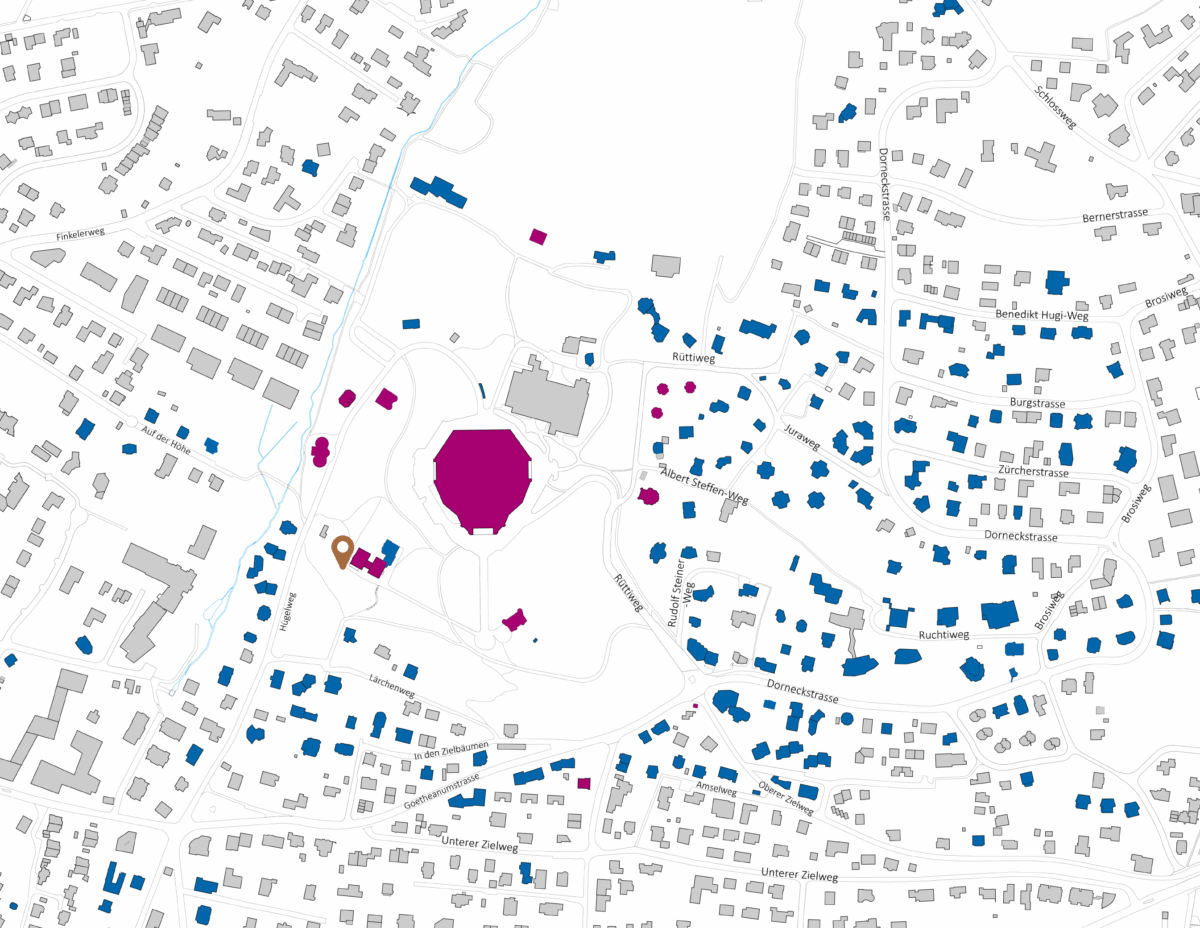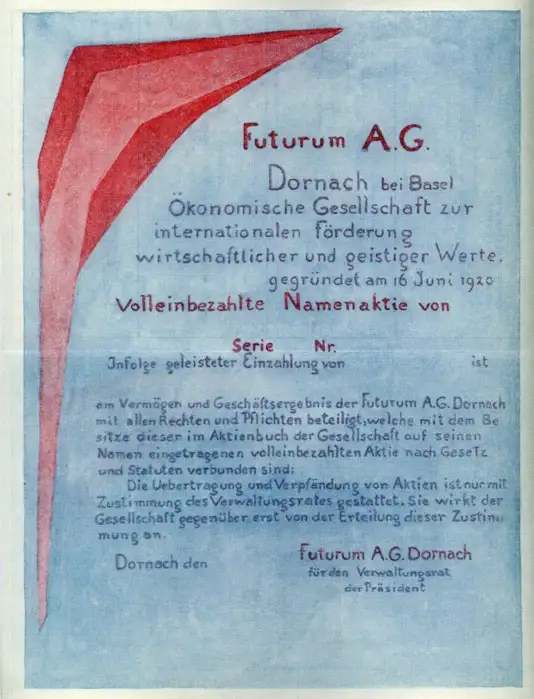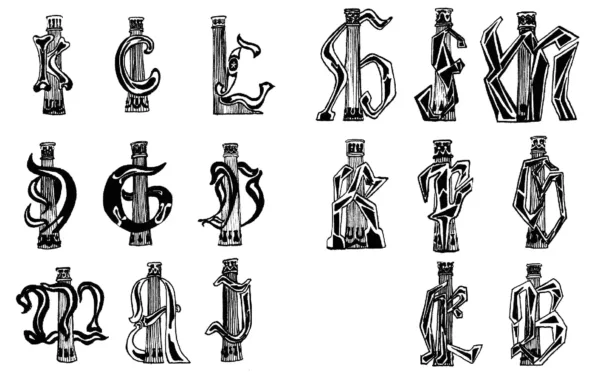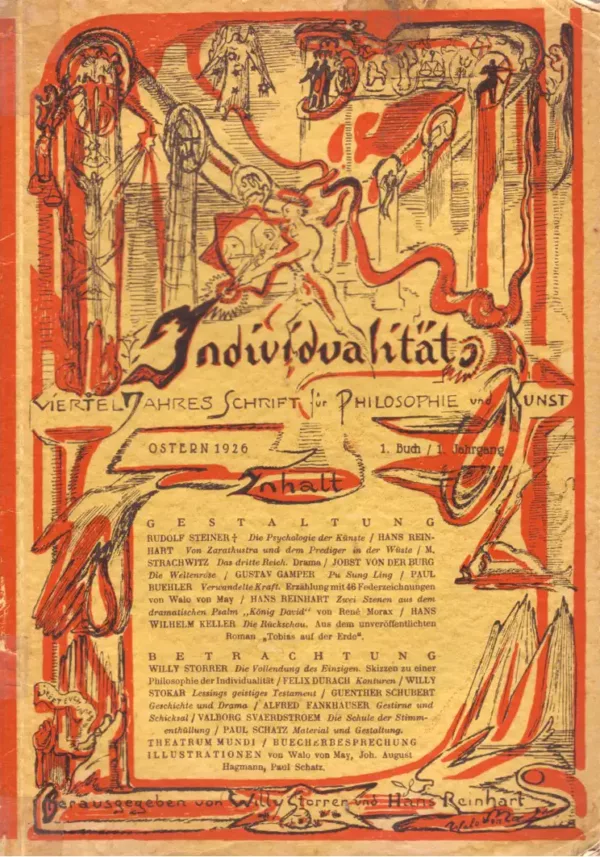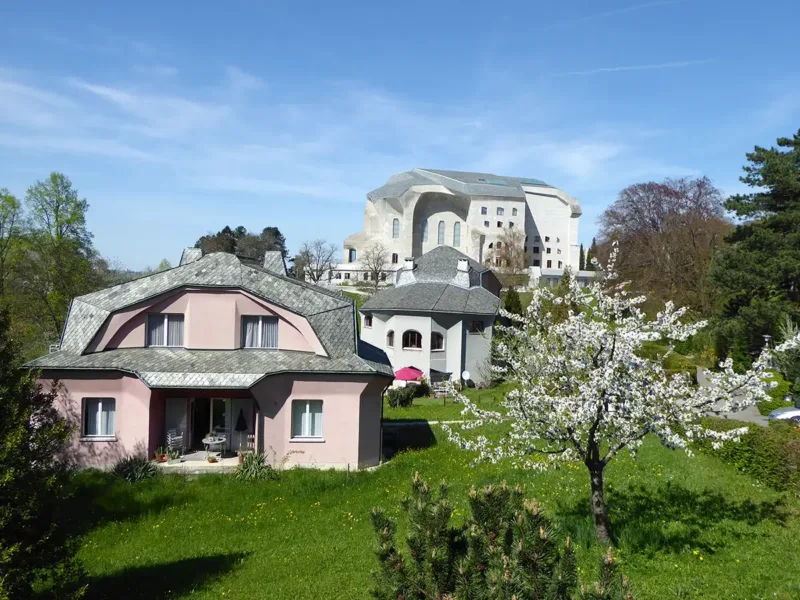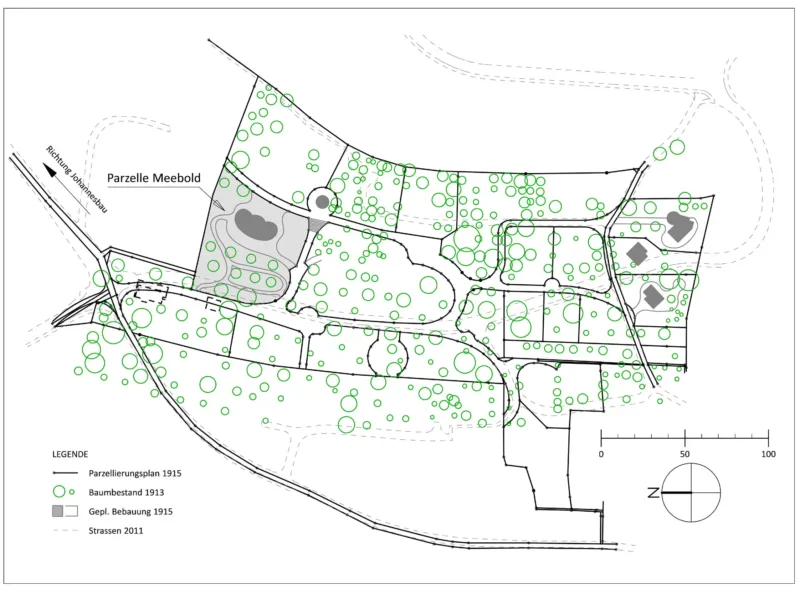2. Links
Establish a relationship
Inner harmonies
The forms of the Goetheanum and the buildings in its vicinity emerged from a constant search movement. The designs were not only influenced by the will to style, models of contemporary esoteric buildings or the respective purposes. Experiments in other art forms such as book art, type design and arts and crafts also played a role in the form-finding process. Findings from the effect of colors were also incorporated, as were considerations on the new art of movement, eurythmy. Through body movements, gestures, colors and spatial forms, eurythmy is intended to make visible to the outside world what lives in language and music as inner, lively and spiritual movement.
And indeed, some details are created more out of feeling and movement, such as the stairs here at the Rudolf Steiner Halde or door handles, handrails or bell pulls.
Task: Walk up and down the main and side steps of the Rudolf Steiner Halde. Are there any differences in the experience?
Discover the surroundings
Further stations
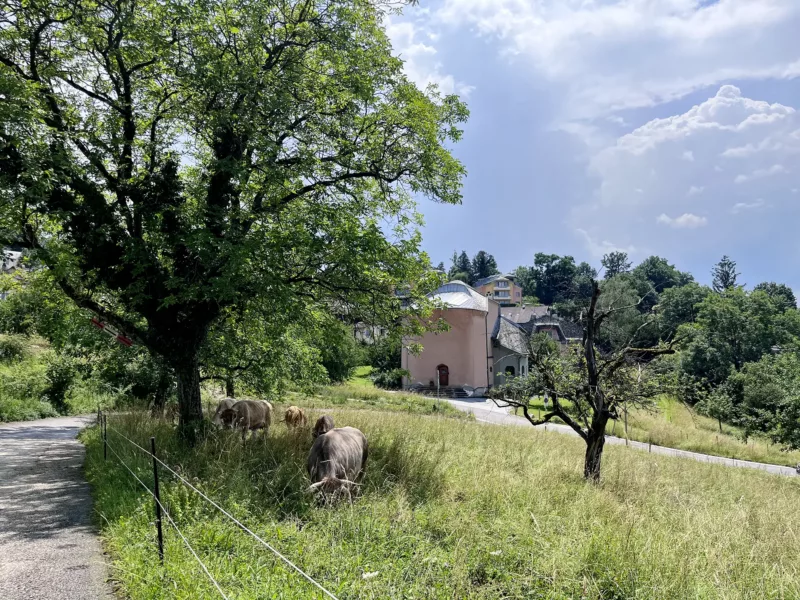
1. Landscape
The Goetheanum and the surrounding sculpturally and organically shaped houses were planned into an old cultural landscape. Architecture, nature and landscape design were to form a special unity and enhance each other’s impact.
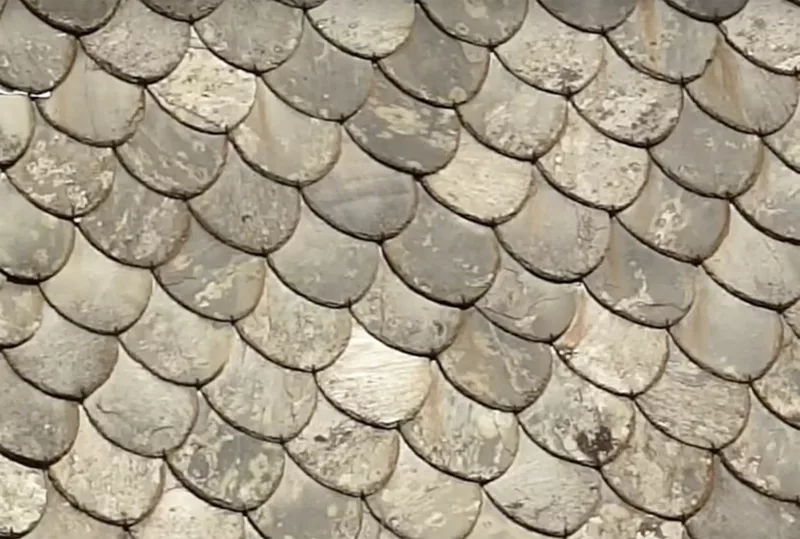
3. Material
In addition to the forms, some special materials also characterize the building on the Dornach hill. Norwegian slate, exposed concrete or colored plaster, wood are important elements of the special atmosphere around the Goetheanum.
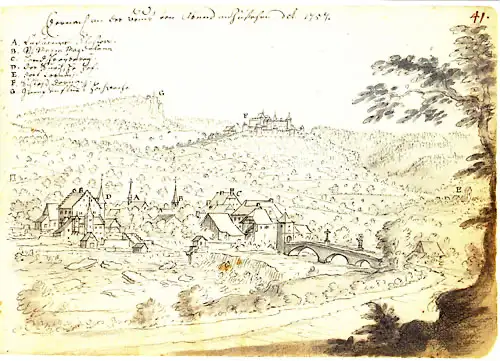
4. Environment
From the very beginning, the links to the Dornach community were diverse and not always clear. The anthroposophists who wanted to build were an economic factor, a foreign body, an enrichment and a change agent. Without them, however, neither the Anthroposophical Society nor Dornach would be what they are today.
Location
